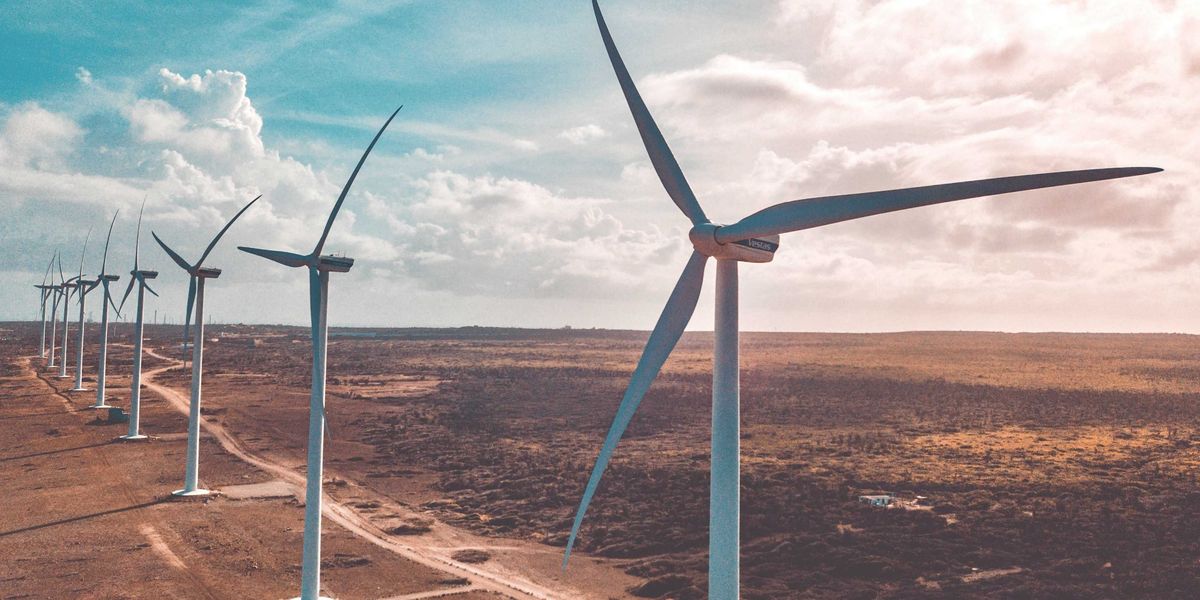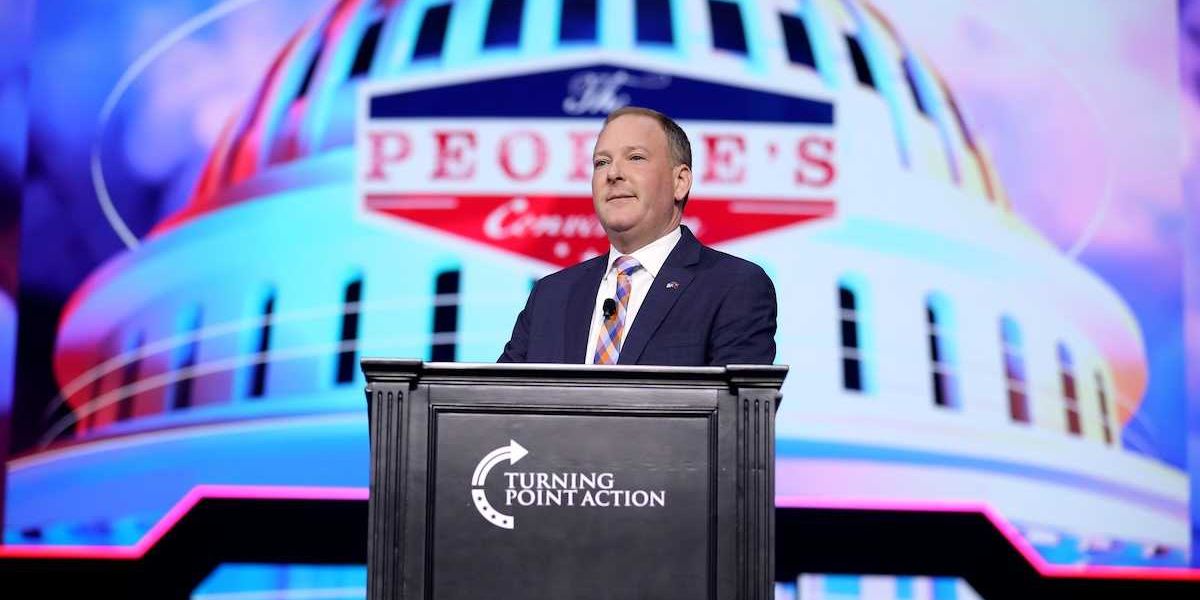World Bank tones down climate messaging as Trump allies threaten U.S. withdrawal
The World Bank has scaled back public climate advocacy as it navigates the political risks posed by President Trump’s administration and its review of U.S. involvement in global institutions.
Sara Schonhardt and Zack Colman report for POLITICO.
In short:
- World Bank President Ajay Banga continues climate-related investments but now frames them in terms of jobs and energy access to appeal to Republican priorities, including nuclear and natural gas.
- The U.S., its largest shareholder, is reevaluating support for the bank under Trump, with allies pushing for a full withdrawal and framing climate finance as contrary to national interests.
- Although the World Bank's climate policies remain, its leadership and communication now emphasize an “all of the above” energy strategy and job creation over environmental rhetoric.
Key quote:
“Now, do you want to scream this all loudly? Probably not in this environment. You don’t get much from doing that.”
— Samir Suleymanov, former World Bank official
Why this matters:
The World Bank’s subtle shift in tone reflects how environmental priorities are increasingly shaped by political pressure, especially from the U.S., its largest shareholder. With climate change continuing to drive extreme weather, food insecurity, and displacement, development banks play a critical role in funding clean energy and adaptation projects across low-income nations. Yet the Bank’s pivot away from vocal climate advocacy raises questions about whether financial institutions can maintain credibility with developing countries while appeasing donor governments that are retreating from global climate leadership.
Related: Banks revise climate goals as shift toward net-zero stalls globally













